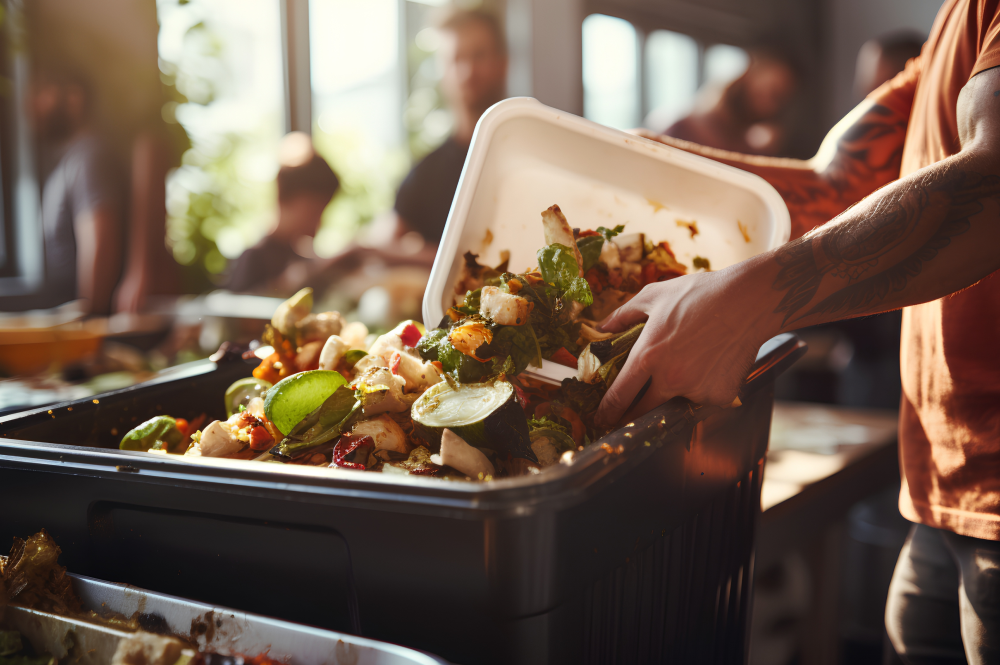Simpler Recycling Regulations March 2025 – What You Need to Know

From 31st March 2025, certain businesses in England will be required by law to separate dry recycling and food waste, with the aim to reduce the environmental impact of businesses and promote sustainability. Here is everything you need to know, and the action required.
Business Waste Legislation 2025
As part of the Environmental Act 2021, Regulations 2024, new waste separation regulations for non-domestic premises are coming into force.
Businesses with 10 or more employees must separate food waste from dry recycling (plastic, glass, metal, paper and cardboard) and non-recyclable waste, for collection.
Those with less than 10 employees have until 31st March 2027 to comply, however, it is still advisable to be ready.
Regulation Details
The regulations cover all businesses (including the public sector), such as prisons, hospitals, offices, schools, restaurants, and pubs, to name but a few.
Any business that produces food waste must arrange for separate collection by licensed waste carriers, whether private collectors or the local authority. Based on the volume of waste produced, businesses will need to decide on the size of container required and the frequency of collection. You can contact Business Waste to get a free food waste bin and organise/pay for collection.
This may require additional investment by businesses, such as new bins and signage to be displayed, as well as staff training on how to properly separate materials. It is important to note that food waste includes such items as tea bags and coffee grounds; further demonstrating how compliance may take further consideration by businesses for the training required.
Penalties
All businesses in England have a legal duty to comply, regardless of the amount of food waste produced. If businesses choose not to comply, they risk penalties and receiving a notification of non-compliance from the Environmental Agency.
Reforming Waste Management
9.5 million tonnes of food waste is discarded in the UK each year, often contaminating other waste that may otherwise be recycled; in addition to producing carbon emissions and greenhouse gases via landfill. The new regulations hope to reduce the environmental impact of the commercial sector, by improving the rates of recycling and simplifying waste management. The UK Government wants to eliminate food waste going to landfill by 2030, instead composting waste for anaerobic digestion treatment, to generate biofuel.
Looking Ahead
Although micro-businesses have until 2027 to comply, it is advised that they prepare now by reviewing their waste practices to ensure compliance when the time comes. By preparing early, businesses can comply with the law and support a sustainable future.
The Government is also looking at how they can improve recycling and food waste for domestic premises, announcing that from 31st March 2026, all domestic properties will require separate bins or boxes for household food waste.
2EA are energy management consultants who can provide advice and guidance on the legalities of energy legislation. Contact us now to see how we can help your business to become more sustainable and comply with UK legislation.


